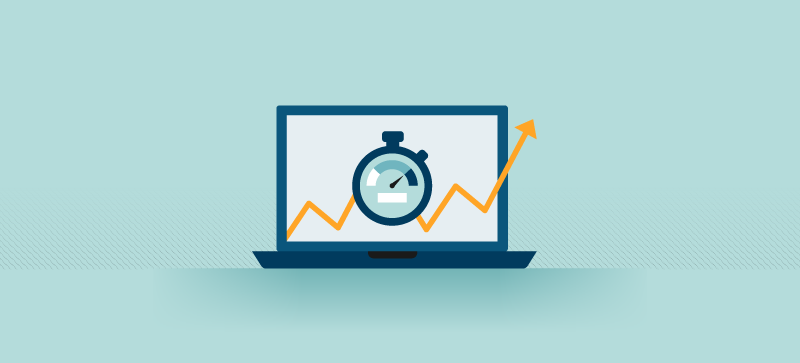After spending a large amount of time designing and creating the perfect website, it can be frustrating to find that it is running slowly. There are many reasons why your WordPress site may be running so slowly, some of which we will be going over in the text below. Hopefully, you will be able to pinpoint the problem and come to a resolution.
Poor Web Hosting
Your website may be running slowly because you are using a poor-quality web host or because your hosting plan does not meet your needs. It can be tempting to sign up with the cheapest web hosting provider that you come across. This is not a good plan because many cheaper companies do not give your website the resources or time that it requires.
You may also find that your hosting package is too lean for the amount of web traffic you are receiving. If you use something like GreenGeeks WordPress hosting, they will reach out to remind you that it may be time to upgrade plans. In this case, you might shift from a shared plan to a VPS or from VPS to a dedicated server. After this, you should start to notice a significant increase in your website’s speed.
Not Utilizing Caching
Caching is when website files get stored in a temporary location. This allows for quicker loading speeds because when a visitor enters your site, only the static pages are being processed. This is in comparison to not using caching, which results in visitors having to wait for the entire WordPress script to load before they can view the page.
By adding a cache plugin to your WordPress site, you will be saving valuable time for your visitors. Read through the various cache plugins that are available to you to see which one best fits your website.
Non-Compressed Images
People may not realize that their image-heavy WordPress website is the cause for their slow speeds. There are plugins that you can add to compress your photos, or you could simply save them in a different format. You will want to avoid reducing the quality of the photo as much as you can. If you have PNG images, you can convert them to JPEGs without giving up much of their quality. JPEGs take up less space than PNGs, which can reduce loading times by a few seconds.
Using Old Programming Languages
WordPress uses PHP as its programming language. If you check in your hosting Cpanel, you can see what version of the language you are using. Many people are still using PHP 5.6, which upgraded to PHP 7.0 in 2015. Switching to PHP 7.0 will improve your speed by up to 30%. If you want to go further, you could continue upgrading to PHP 7.1, 7.2, or 7.4, which will continue improving your speed incrementally.
If you are not sure how to make the switch, log a ticket with your hosting provider. They will be able to guide you through the steps or even do it for you.
Too Many Plugins
Plugins can be a great addition to your WordPress site, as they add a lot of valuable features. They do have a habit of piling up, though, which can decrease your website’s speed. This could be a good opportunity to take inventory of your plugins and disable or delete any that you are no longer using. Take a look at your plugins from third-party sites in particular. These tend to be heavy in code and can reduce your speed significantly.
Conclusion
To summarize, your website’s speed problems may be due to:
- Having a poor web hosting provider
- Not utilizing caching
- Using non-compressed images
- Having old programming languages
- Installing too many plugins
If you recognize any of these, they may be the root of your speed issues. Try some of the suggestions described above and see if they make a difference. If not, it may be worth having a consultation with your hosting provider to see if they have any suggestions.








Add Comment